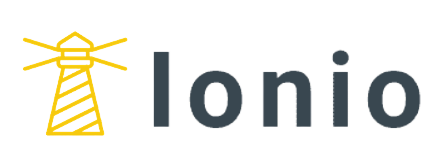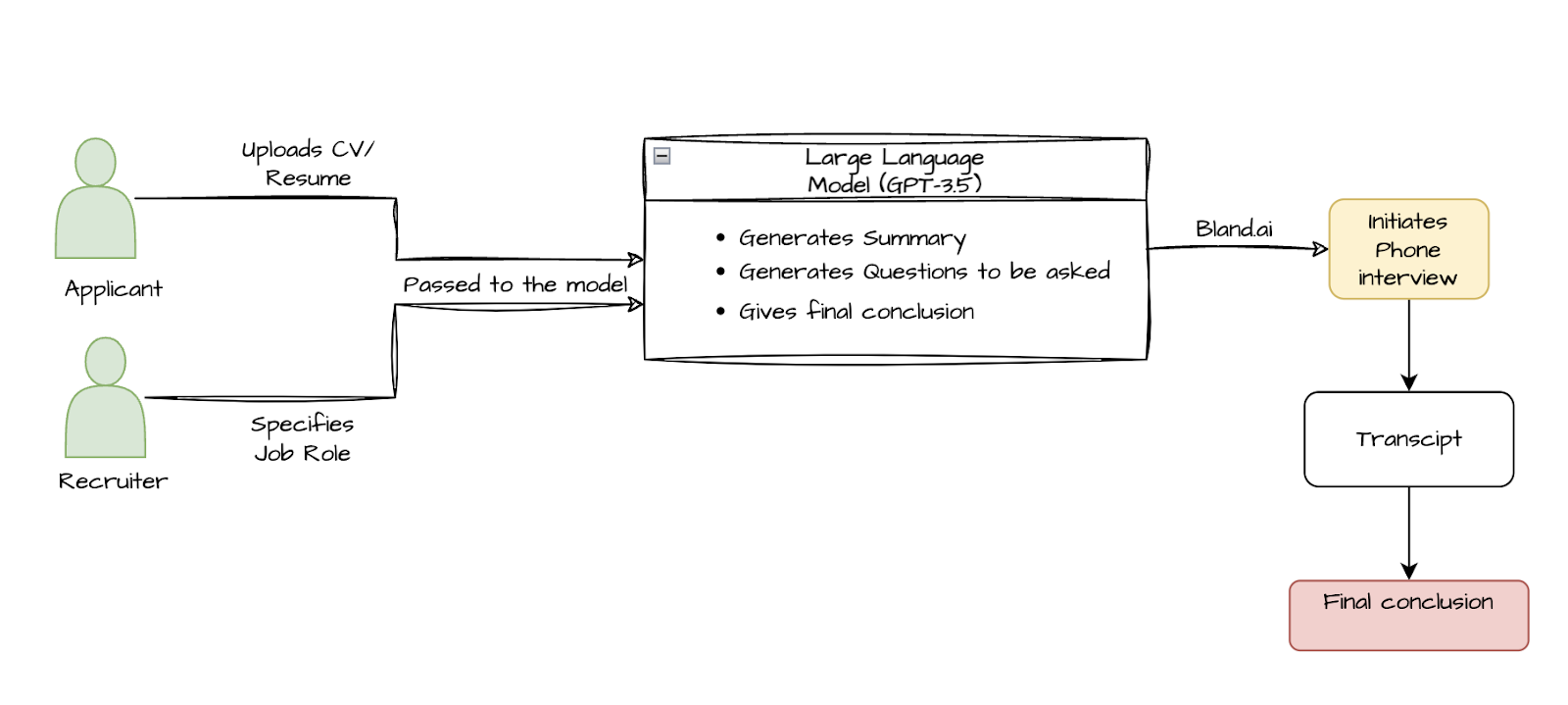The pharmaceutical business is one of the most critical industries. Pharma businesses are always looking for ways to speed up their processes and meet deadlines. This is because regulatory compliance is becoming more important, research and development costs are going up, and drug discovery and clinical trials are becoming more complicated.
Also, problems like drug shortages, fake medicines, and patients not following their treatment plans are still problematic. These problems can affect how safe patients are, how easy it is for them to get medications, and how well healthcare works generally.
But ChatGPT can fix most of this problem. Curious? Keep on reading this blog.

Pharmaceutical Industry: One of the highly regulated industries
The pharmaceutical industry is one of the most highly regulated industries globally, with stringent regulations and guidelines imposed by regulatory agencies in various countries to ensure pharmaceutical products' safety, efficacy, and quality. Some of the industry trends, current situation, and post-Covid situation are as follows:
🖊️ Industry trends
In the pharmaceutical business, there is a growing trend toward personalized medicine. From 2022 to 2030, the global market for personalized medicine will continue to expand at a CAGR of 6.95%, reaching USD 922.72 billion. Now, treatments for each patient are based on their genes, lifestyle, and other factors. This method aims to make treatments work better and have fewer bad effects.
Artificial intelligence (AI), big data analytics, and blockchain are new technologies the pharmaceutical business uses to improve processes like drug discovery, clinical trials, and supply chain management. From 2022 to 2030, the global AI in the pharmaceutical market is estimated to increase at a CAGR of 29.4% from USD 905.91 million to USD 9,241.34 million. These technologies are expected to boost efficiency, lower costs, and speed drug development.
There is a shift in the pharmaceutical business towards specialty and biologic drugs used to treat rare and complicated diseases. Most of the time, these drugs are expensive and need special ways to make, store, and distribute them. As a result, regulators look at them more closely and pay more attention to patient safety.

🖊️ Current situation
Regulatory agencies like the U.S. Food and Drug Administration (FDA), the European Medicines Agency (EMA), and other regulatory bodies worldwide have put out many rules and guidelines for the pharmaceutical business. For patient safety and product quality, these rules cover how drugs are made, labeled, distributed, and followed up on after they are sold.
In developed markets, especially in the financial rough phrase, there is a lot of pressure on prices and competition in the pharmaceutical business. As the cost of making new drugs keeps increasing, pharmaceutical companies are pressured to show that their goods are worth the money while dealing with pricing and reimbursement problems that payers and health authorities put in their way.
Pharmacovigilance is getting more and more attention. This is the process of keeping an eye on the safety of pharmaceutical goods throughout their lifecycle and taking the right steps to manage and reduce risks. Regulatory agencies are making it harder for drug companies to track and report adverse drug reactions (ADRs) and use risk management techniques.

What are the current challenges in the current Pharmaceutical industry?
🤐 1. Supply Chain Disruptions
While high inventory levels in the pharmaceutical industry have typically shielded it from supply chain disruptions, every industry has felt supply chain pressures in the past year. More than half of all businesses (41%) have experienced supply chain interruptions, and the Australian pharmaceutical industry is no exception, according to ABS data from June 2022.
The pharmaceutical industry continues to rely significantly on imported raw materials, primarily from China but also from India for generic medicine production.
The Centre for Drug Evaluation and Research of the US Food and Drug Administration reports that 31% of all FDA-registered facilities are in China or India. Since medicine shortages reached a height during the pandemic and are highly anticipated to persist beyond 2023, this heavily dependent supply chain continues to be one of the primary difficulties facing the pharmaceutical sector.

😶 2. Need for Qualified Professionals
Demand for STEM-related jobs in the pharmaceutical industry has increased, while the available skill pool falls 14% short. The changing nature of labor only compounds the difficulty. More businesses are adopting remote work policies, hybrid structures, and flexible schedules in response to rising employee demands.
One of the main problems in the pharmaceutical sector today is attracting and retaining competent workers. Therefore companies are focusing on reskilling, upskilling, and automation to address the issue.
😐 3. Challenges Reaching Healthcare Professionals (HCPs)
One of the toughest aspects of pharma is collaborating with HCPs. First, there is a dearth of targeting options. Most publishing platforms only provide limited targeting options based on geographic location or topic area expertise. However, formulary access and prescription history are two factors that marketers need to address. There are many people involved in the healthcare sector, from service providers to consumers to insurance. Everyone should be able to weigh in on the topic of which product or service to implement. Marketers face this difficulty when developing a successful marketing plan to reach healthcare professionals.
It is also challenging to attract enough doctors to make a financial impact. It is difficult for marketers to develop an effective plan for reaching and connecting with healthcare professionals in light of the ever-shifting nature of the market. Even in the best circumstances, a marketer's ability to reach and engage with HCPs is limited. Although company websites may be discounted as propaganda by HCPs, scientific journals are not always receptive to publishing company statements. Letter in this article we will show you how you can solve this problem.

😵💫4. Collection and Analysis of Large Volumes of Data
These days, data is one of a company's most valuable resources. Data in the pharmaceutical sector encompasses all information entered by employees or automatically generated by systems. It's also important to note that collecting data has become increasingly important for businesses of all sizes and in all sectors to stay ahead of the competition. However, for this information to be useful, a business must have the resources to perform the necessary data analysis.
👉 Resistance to Change
The pharmaceutical sector currently faces a major problem in resistance to change. Many factors contribute to the pharmaceutical industry's resistance to change. The opposition of upper management to making major changes in operations is a common source of difficulty when attempting to implement change. In addition, the business is highly regulated, which makes it costly to implement any changes. Some pharmaceutical companies may favor paper records over digital ones since concealing mistakes is simpler. It's a tool that can be used to better the pharmaceutical industry's production processes.
Adopting solutions has often been delayed due to concerns over cost and regulatory load. Presenting a demonstrable return on investment (ROI) is crucial when proposing replacing any paper-based system. It may seem obvious that switching from a paper procedure to an electronic one will save time, but some people, especially those who have been doing the same thing for a long time, may not agree.

👁️🗨️ Data Security
Data breaches in the healthcare and pharmaceutical industries cost much more than in the hotel, media, and research sectors, according to the 2020 Cost of a Data Breach Report.
The storage and management of data present one of the greatest regulatory challenges in the pharmaceutical sector. The pharmaceutical industry is especially vulnerable to cybercrime because of the nature of its business. More and more sensitive information is being held digitally, making businesses an easy target for hackers.
Health and patient data is collected by the thousands by pharmaceutical corporations and stored securely online. They employ techs like the Internet of Things (IoT) and big data. This raises the stakes.
🪒 Lengthy and critical sales cycle
As with every other business, competition is a key issue in the pharmaceutical industry. Numerous companies supply the same product to doctors at a low cost. When a firm secures a patent on a novel product or research chemical, it gains exclusive distribution rights to that medicine. Until the patent expires, no other firm can produce a similar product. Pharmaceutical businesses make money only on the patents of their products since the research company is forced to lower pricing once the patent is no longer valid. Pharmaceutical salespeople often face severe difficulties due to their fierce price rivalry.
However, sales calls in the pharmaceutical industry tend to be more challenging than in other sectors. Salespeople often have to wait for hours just to speak with a doctor, and then they may only have a few brief minutes to make their pitch and demonstrate the benefits of their product.
MSLs and KOLs: Two pillars of the industry

Through their presentations and education on the treatment landscape, therapy areas, and clinical evidence, MSLs play a role in the free and open sharing of scientific knowledge. They work with professionals to generate scientific data. MSLs might initiate a meeting with an external expert to determine unmet medical needs. They also analyze the opinion leader's scientific engagement requirements.
MSLs can provide insights into internal clinical development, marketing, and market access. Studies conducted by companies, trials undertaken by researchers, investigations of real-world evidence, and clinical audits are all examples of activities that generate evidence.
KOLs, or key opinion leaders, are individuals from outside the healthcare system who have unique insights and perspectives to provide on the topic of disease management.
Key opinion leaders (KOLs) are valuable resources for the pharmaceutical, medical device, and similar industries across the full product lifecycle, from discovery and development to clinical trials, research, regulatory compliance, and commercialization.
Can GPT help the pharmaceutical industry?
🎶 1. Create a KOL engagement plan

KOL surveys can help MSLs identify potential KOLs who are influential and respected within their therapeutic area. By collecting data on healthcare professionals' expertise, opinions, and interests, MSLs can identify KOLs likely to be interested in their product or research area. KOL surveys provide an opportunity for MSLs to gather insights into the perspectives, preferences, and needs of KOLs. Understanding their opinions and feedback can help MSLs tailor their scientific communications and engagement strategies to better align with the interests and expectations of KOLs.

These questions will help the MSL to have better communication with KOL. And at the end of the day, it will improve the KOL-MSL relationship.
🧑💻 2. Advance Knowledge management for MSLs
According to the survey, more than half of KOLs would rather receive scientific publications or peer-reviewed articles, congress/conference updates, and regulatory updates virtually rather than face-to-face, through self-serve channels like on-demand audios and videos, chatbots, automated messages, etc. and other virtual platforms like WebMD, UpToDate, company-sponsored websites, etc.
Overall, this suggests the need for a new kind of MSL in the future—one that can quickly adapt to changing conditions and isn't hesitant to abandon old strategies in favor of ones that work better. The basis of this shift will be the upskilling and training of MSLs in digital, in addition to training in key scientific and treatment areas. KOLs want this MSL to have more strategic, value-based scientific debates regarding real-world evidence, economic value, health outcomes, etc.
MSLs can use Bing Chat to research specific themes and therapeutic areas. They can stay abreast of the newest research and prepare for their interactions with KOLs by requesting summaries, abstracts, or excerpts from pertinent scientific articles, guidelines, and other material using keywords or search queries.
To use Bing Chat for advanced knowledge you can try these prompts-
- Ask it to act like MSL
- Provide the topic name
- Ask it to provide a summary, abstract, or extract from the recent scientific papers
- Also, ask it to share an accurate overview


✅ 3. Accelerate drug trial management
Getting drug studies done faster is important for many reasons. First, it can speed up getting life-saving drugs to people who need them right away. The process of making a new drug is long and complicated. It usually includes several stages of clinical trials, and each phase can take years to finish. By speeding up drug studies, the time it takes to get new drugs on the market can be cut by a lot, which could save lives and improve patient outcomes.
Second, speeding up drug trials can help pharmaceutical companies and study groups save money because long clinical trials are expensive. Drug development is a process that takes a lot of time and money. It needs a lot of money to be spent on research and development and on running clinical trials. These costs can be kept to a minimum by shortening the length of trials. This makes drug research more efficient and financially viable.

We took fake Clinical trial Data for this. By adding row and column numbers you can turn it into a table.

This way data will be more organized.
🧑🎤 4. Better communication
Communication needs to get better in the pharmaceutical business. Chatbots can give customers, such as healthcare workers, patients, and other stakeholders, personalized and interactive experiences. They can answer questions, give useful information, and offer help, which increases customer satisfaction and engagement.
Chatbots can also get feedback, gather information, and make reports, which can help pharmaceutical businesses improve their products and services based on what customers want. Chatbots can work around the clock, so users can talk to and get help from them anytime. This is especially helpful in the pharmaceutical business, where timely communication and support can be important for patient safety and compliance.
You can create a chatbot with ChatGPT to help your customer assist in answering the FAQs. ChatGPT can assist in ensuring that chatbot queries avoid prejudice, follow regulations, and respect privacy and confidentiality.
Create Chatbots questions with ChatGPT
- Add the goal of your pharmaceutical company [ who you assist, how you assist]
- Add the aim of creating this chatbot
- Add the target audience

🌟 5. Document and analysis sales cycle
Documenting and analyzing a pharmaceutical company's sales cycle is important for figuring out how well sales are doing, improving processes, coming up with strategies, and making smart choices. ChatGPT can be a useful tool for reviewing documents and recorded transcripts related to the sales cycle. It can give insights and suggestions for better sales performance.
ChatGPT can be used to look over sales-related papers and recorded transcripts. Just send ChatGPT the relevant documents and transcripts, and it will analyze the content, find patterns, trends, and insights, and give helpful feedback and ideas.
Here is how you can analyze a sales conversation between a Sales representative and a doctor
- Add what is this conversation about
- Ask it to evaluate value proposition, active listening
- Ask for feedback

Ready to reap the benefits?
It is clear that ChatGPT and generative AI going to revolutionize the pharmaceutical industry. It is going to simplify the knots. It's high time you should integrate AI to be the industry dominator!
If you want to integrate AI o your workfloe Ionio can help you to do that.
To understand the posibilities of AI for business, schedule a Free AI consultation call with our CEO Rohan.


%20(900%20%C3%97%20350%20px)%20(1).png)


.png)
